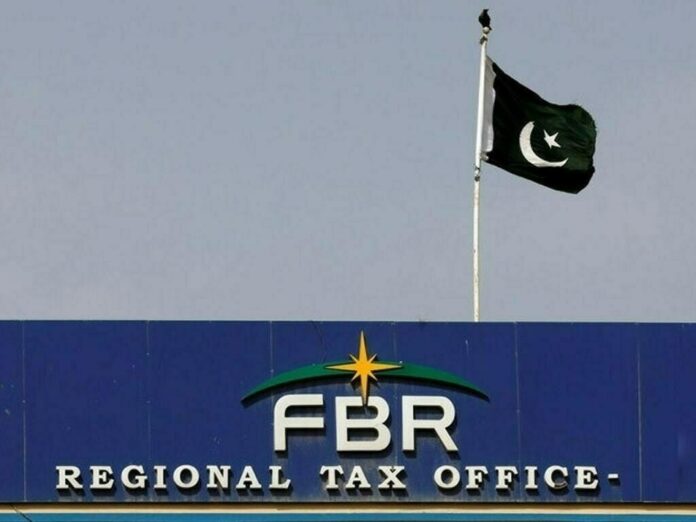The Federal Board of Revenue (FBR) has extended the deadline for businesses to integrate with the electronic invoicing system, providing a seven-month grace period to sales tax-registered entities to complete the necessary registration and testing.
As per news reports, the new timeline, announced in an official notification (SRO1413), breaks down the process into a phased approach for different categories of businesses.
Starting August 1, the rollout begins with public limited companies and all importers, who are required to complete registration by August 10, carry out testing by August 25, and issue electronic invoices by September 1.
Similarly, companies with a turnover exceeding Rs1 billion must also follow the same timeline, while companies with a turnover between Rs100 million and Rs1 billion have a registration deadline of September 10, with testing to be completed by September 30 and invoicing starting by October 1.
For companies with turnover not exceeding Rs100 million, registration must be completed by October 10, testing by October 30, and invoicing by November 1.
In addition, individuals and associations of persons with turnover above Rs100 million in the last 12 months must follow the September and October deadlines. Other registered persons must complete registration by November 10, testing by November 30, and begin issuing electronic invoices from December 1.
This extension comes after businesses raised concerns about the limited capacity of the FBR and private integrators to fully implement the system within the original deadline. The FBR has mandated that businesses use licensed integrators, including PRAL, for the transition, and has capped the maximum invoice charge at Rs10 per transaction.
Failure to comply with these revised deadlines will lead to penalties, as per tax laws. The phased rollout and extended deadlines aim to allow businesses to adapt to the new electronic invoicing requirements, while the government moves forward with increasing tax compliance and transparency.




